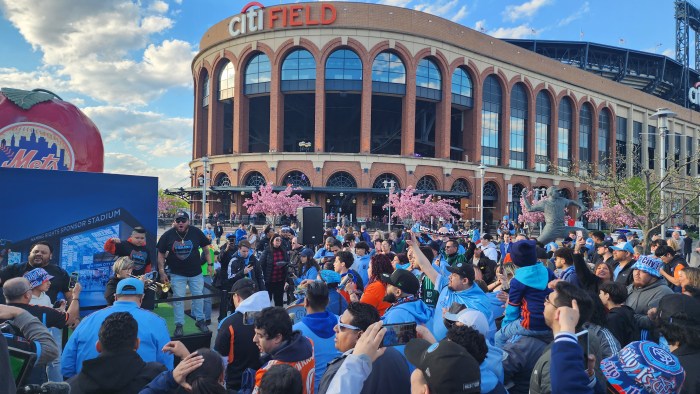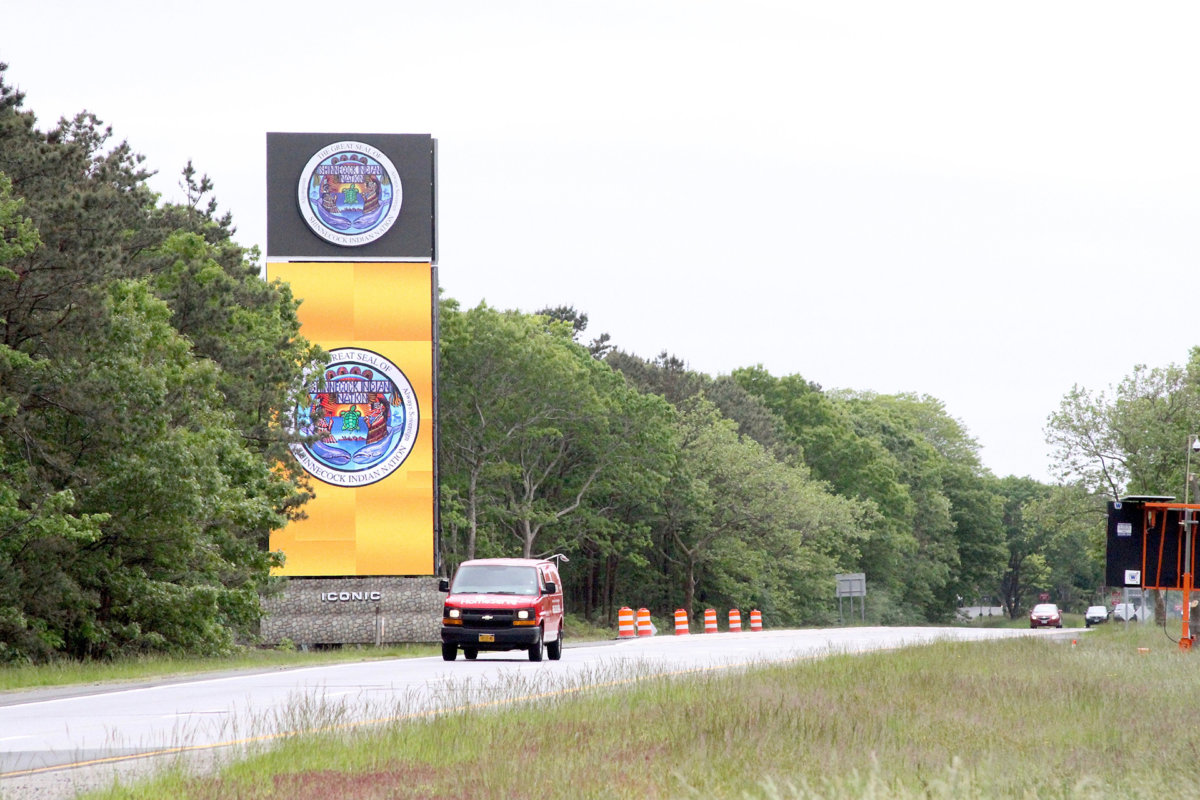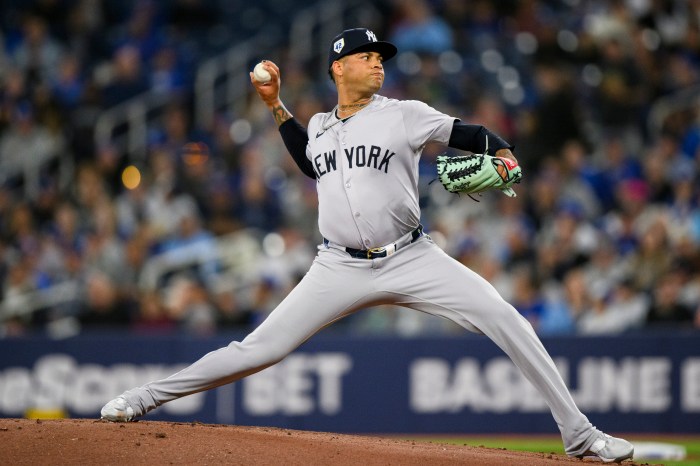The Washington, D.C.-based Pan American Health Organization (PAHO) says the Caribbean has joined the rest of the Americas in celebrating Vaccination Week this week, with more than 60 million people expected to be vaccinated against a series of dangerous diseases.
PAHO said that the 15th Vaccination Week in the Americas (VWA), which started on Saturday and runs through next Sunday, April 29, is the largest immunization initiative of the continent.
The slogan for the 2017 campaign, “#GetVax to celebrate a healthy tomorrow,” urges families to “get vaccinated today and enjoy good health tomorrow.”
It highlights vaccines that offer protection against “highly contagious, debilitating and potentially deadly diseases.”
The characters of Sesame Street illustrate the 2017 campaign poster, which notes that vaccination is “An act of love.”
“During these past 15 years, we have demonstrated that vaccination is one of the most powerful strategies to prevent diseases and save lives,” PAHO’s Director Carissa F. Etienne said. “PAHO is committed to continue working closely with the countries to immunize the entire population and facilitate the introduction of new vaccines at affordable prices.”
In 2015, PAHO said rubella and congenital rubella syndrome were eliminated in the region, adding that, in 2016, country efforts helped achieve measles elimination.
PAHO said vaccination against these diseases continues to help minimize the risk of importing these diseases into a country in the region.
Furthermore, it said millions of people have been vaccinated to keep the western hemisphere free of polio for 25 years.
PAHO said countries anticipate vaccination against rubella, measles, diphtheria, mumps, whooping cough, neonatal tetanus, flu, yellow fever, rotavirus, bacterial pneumonia and the human papilloma virus (HPV).
The campaign acknowledges achievements reached through immunization during the last 15 years and what is planned moving forward.
Since 2000, PAHO said new vaccines have been introduced in countries and territories of the region. Currently, it said 20 countries and territories have introduced the rotavirus vaccine, which protects against deadly diarrheal diseases; 34 have introduced pneumococcal vaccine, which protects against types of pneumonia, meningitis and blood infections; and at least 24 have introduced the HPV vaccine, which protects against most types of cervical cancer and genital warts.
These achievements have been possible thanks to the dedication of thousands of health workers, who played a key role to reach everyone in their communities and take vaccines to the most vulnerable populations and hard-to-reach zones.
“We have achieved a healthier region thanks to vaccination,” said the chief of PAHO’s Comprehensive Family Immunization Unit, Cuauhtémoc Ruiz-Matus. “We will continue working so no children will suffer or die from a disease that we can prevent with vaccination.”
PAHO said actions for Vaccination Week in the Americas have also gone beyond the immunization field, stating that health personnel have taken advantage of the initiative to implement other health actions, like deworming, vitamin A administration, and breastfeeding promotion.
Similarly, community mobilization for vaccination has helped close gaps that separate people from needed attention, PAHO said.
It said Vaccination Week in the Americas started in 2003 as an effort by the countries of the region to combat a measles outbreak between Colombia and Venezuela.
Although health workers vaccinate people daily, PAHO said the special effort to combat the outbreak grew into an annual event to promote vaccination and reach those who may have missed routine immunization.
Versions of Vaccination Week were subsequently adopted in other World Health Organization (WHO regions), PAHO said.
In 2012, the World Health Assembly endorsed World Immunization Week, and 180 countries around the world began celebrating it.























